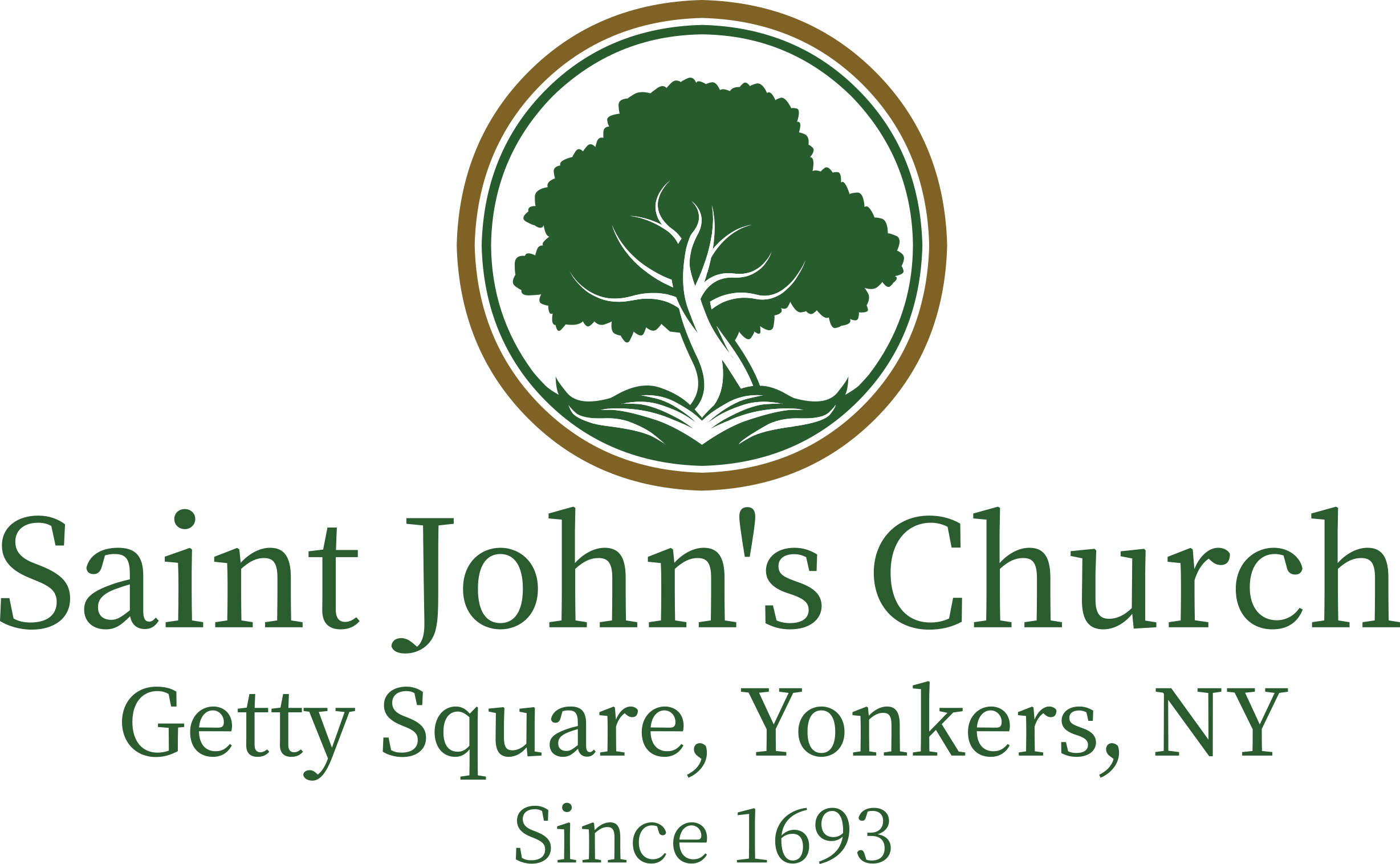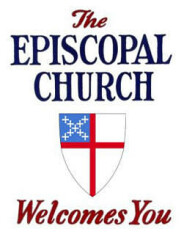What We Believe
We Episcopalians believe in a loving, liberating, and life-giving God: Father, Son, and Holy Spirit. As constituent members of the Anglican Communion in the United States, we are descendants of and partners with the Church of England and the Scottish Episcopal Church and are part of the third largest group of Christians in the world.
We believe in following the teachings of Jesus Christ, whose life, death, and resurrection saved the world.
We have a legacy of inclusion, aspiring to tell and exemplify God’s love for every human being; women and men serve as bishops, priests, and deacons in our church. Laypeople and clergy cooperate as leaders at all levels of our church. Leadership is a gift from God and can be expressed by all people in our church, regardless of sexual identity or orientation.
We believe that God loves you – no exceptions.
The Bible
The 39 Articles, a 1536 foundational document of Anglican theology, relates that “Holy Scripture contains all things necessary to salvation.” The Scriptures, comprised of the Old and New Testament, as well as some apocryphal texts, were written under the inspiration of the Holy Spirit.
The Bible is of extraordinary importance to Episcopal worship; during a Sunday morning service, the congregation will usually hear at least three readings from Scripture, and much of the liturgy from The Book of Common Prayer is based explicitly on the Biblical texts. According to the Catechism, “We understand the meaning of the Bible by the help of the Holy Spirit, who guides the Church in the true interpretation of the Scriptures” (p. 853-4)
The Book of Common Prayer
The Book of Common Prayer is a treasure chest full of devotional and teaching resources for individuals and congregations, but it is also the primary symbol of our unity.
We, who are many and diverse, come together in Christ through our worship, our common prayer. The prayer book, most recently revised in 1979, contains our liturgies, our prayers, our theological documents, and much, much more.
The Creeds
Creeds are statements of our basic beliefs about God. The term comes from the Latin credo, meaning I believe.
While we will always have questions about God, the Church, and our own faith, we have two foundational creeds that we use during worship: the Apostles’ Creed used at baptism and daily worship, and the Nicene Creed used at communion. In reciting and affirming these creeds, we join Christians across the world and throughout the ages in affirming our faith in the one God who created us, redeemed us, and sanctifies us.
While we will always have questions about God, the Church, and our own faith, we have two foundational creeds that we use during worship: the Apostles’ Creed used at baptism and daily worship, and the Nicene Creed used at communion. In reciting and affirming these creeds, we join Christians across the world and throughout the ages in affirming our faith in the one God who created us, redeemed us, and sanctifies us.
Baptism
In the waters of baptism, we are lovingly adopted by God into God’s family, which we call the Church, and given God’s own life to share and reminded that nothing can separate us from God’s love in Christ. Holy Baptism, which can be performed through pouring of water or immersion in it, marks a formal entrance to the congregation and wider Church; the candidates for the sacrament make a series of vows, including an affirmation of the Baptismal Covenant, and are baptized in the Name of the Father, Son, and Holy Spirit. They are marked as Christ’s own for ever, having “clothed [themselves] with Christ” (Galatians 3:27).
All people of any age are welcome to baptized; we believe in one baptism for the forgiveness of sins, as the “bond which God establishes in Baptism is indissoluble” (Book of Common Prayer, p. 298).
Holy Communion
It goes by several names: Holy Communion, the Eucharist (which literally means "thanksgiving"), the Lord’s Supper, the Mass. But whatever its formal name, this is the family meal for Christians and a foretaste of the heavenly banquet. As such, all persons who have been baptized, and are therefore part of the extended family that is the Church, are welcome to receive the bread and wine, and be in communion with God and each other.
Before we come to take Communion together, “we should examine our lives, repent of our sins, and be in love and charity with all people” (Book of Common Prayer, p. 859).

